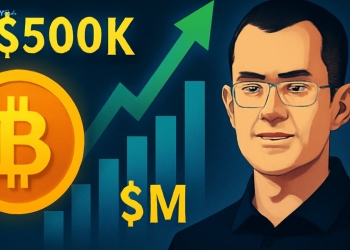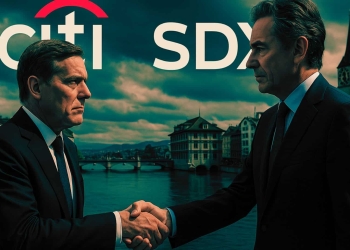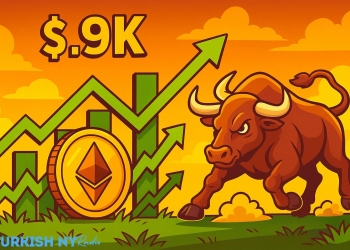Remember when El Salvador made headlines by embracing Bitcoin as a legal tender back in 2021? President Nayib Bukele was all in, even committing to buying one Bitcoin daily to bolster the nation’s crypto stash. Fast forward to early 2025, and things have taken a sharp turn. The country has halted its daily Bitcoin purchases, a move closely tied to a hefty $1.4 billion loan agreement with the International Monetary Fund (IMF).
The IMF’s Stance: Caution Over Crypto
The IMF has never been Bitcoin’s biggest fan, especially when it comes to national economies. They’ve consistently flagged concerns about financial stability and consumer protection. Inking this loan deal came with strings attached: El Salvador had to dial back its Bitcoin enthusiasm.
This meant tweaking the Bitcoin Law, making its acceptance by businesses optional rather than mandatory, and scaling down public sector involvement in crypto activities. Taxes? Now strictly payable in good old U.S. dollars.
The Bitcoin Law: From Mandatory to Voluntary
When El Salvador first rolled out the Bitcoin Law, it was groundbreaking. Businesses were required to accept Bitcoin alongside the U.S. dollar. But with the recent reforms, that mandate’s out the window. Now, it’s up to individual businesses to decide if they want to deal in Bitcoin. This shift aims to address both domestic concerns and the IMF’s reservations about the cryptocurrency’s volatility.
The Chivo Wallet: A Digital Dream Deferred
Part of El Salvador’s Bitcoin rollout included the Chivo Wallet, a government-backed digital wallet designed to make Bitcoin transactions seamless for Salvadorans. Despite the initial buzz, adoption rates didn’t quite hit the mark. With the new IMF deal, the government plans to wind down its involvement with Chivo, signaling a step back from promoting Bitcoin for everyday transactions.
The Bigger Picture: Economic Realities and Future Prospects
El Salvador’s bold Bitcoin experiment was seen by many as a leap toward financial innovation. However, the realities of international finance and the need for economic stability have prompted a reevaluation. While the nation isn’t abandoning Bitcoin entirely—it’s still legal tender—the recent policy shifts highlight the challenges of integrating a volatile asset into a national economy. As El Salvador navigates its financial future, the world watches closely, eager to see how this crypto saga unfolds.
Stay connected with TurkishNY Radio by following us on Twitter and LinkedIn, and join our Telegram channel for more news.
FAQs
Why did El Salvador stop its daily Bitcoin purchases?
The halt is part of a $1.4 billion loan agreement with the IMF, which required El Salvador to scale back its Bitcoin-related activities.
Is Bitcoin still legal tender in El Salvador?
Yes, but businesses can now choose whether or not to accept it; it’s no longer mandatory.
What changes were made to the Bitcoin Law?
The law was reformed to make Bitcoin acceptance voluntary for businesses and to limit public sector involvement in Bitcoin transactions.
What will happen to the Chivo Wallet?
The government plans to reduce its role in the Chivo Wallet, moving away from promoting it for everyday use.
How does the IMF view Bitcoin in national economies?
The IMF is cautious, citing concerns over financial stability and consumer protection when countries adopt Bitcoin as legal tender.
Glossary
Bitcoin Law: Legislation that made Bitcoin legal tender in El Salvador in 2021.
Chivo Wallet: A government-backed digital wallet introduced to facilitate Bitcoin transactions in El Salvador.
IMF (International Monetary Fund): An international organization that offers financial assistance and advice to member countries.
Legal Tender: Currency that must be accepted if offered in payment of a debt.
Volatility: The degree of variation in the price of a financial instrument over time.






























































































![BitTorrent [New]](https://s2.coinmarketcap.com/static/img/coins/64x64/16086.png)
















